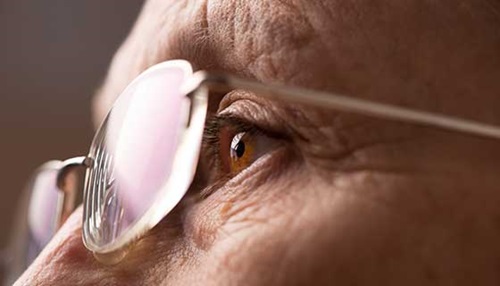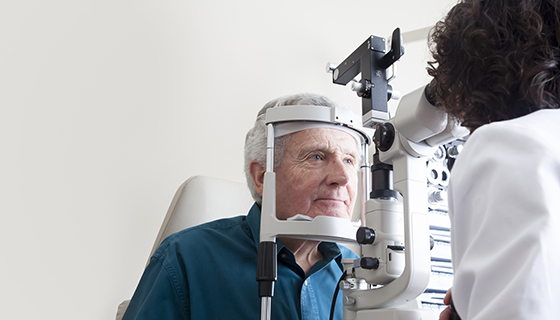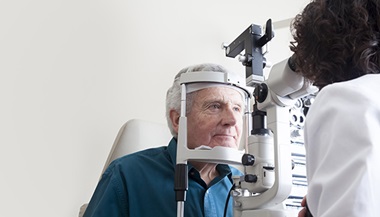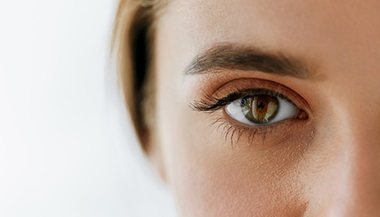Cataract Surgery Recovery: 5 Tips From an Expert
Featured Expert:
Limit Strenuous Activity
Avoid rigorous exercise and activities that require heavy lifting for a couple of weeks to lower the chances of increasing your eye pressure. “High eye pressure can interfere with the incision before it fully heals,” says Eghrari. “Positions that put your head below your waist, such as bending over, can also increase eye pressure and should be avoided initially after surgery.”
Shield Yourself from Irritants or Trauma
“When you come home from surgery, it’s natural to feel like something is in your eye, like an eyelash or particle of sand,” says Eghrari. “The eyes can be sensitive to the environment for at least a week after surgery. Wraparound sunglasses will not only protect you from exposure to dust, dirt and pollen, but also help with sensitivity to light. Your eye doctor will also provide you with an eye shield for you to wear while sleeping during this recovery time, to eliminate touching or rubbing of your eyes.”
Keep Out of the Pool, and Shower Carefully
Exposure to water can put your eyes at risk of infection or irritation until your eye has healed from surgery. “Give yourself at least one night of sleep before showering, and prevent the stream of water from hitting your eyes directly,” says Eghrari. “Ask your doctor when it is safe to begin swimming or using a hot tub. In most cases, that will be a few weeks.”
Avoid Driving
Consult your eye doctor about when you can safely resume driving, based on your recovery. “Your world often looks brighter after cataract surgery,” says Eghrari. “You may find that sunglasses or a dedicated set of driving glasses can help to moderate the light entering the eye from bright headlights.”
Follow Doctor’s Orders
Be sure to ask your doctor about precautions you can take, such as those listed above, and proper timelines on when to resume normal daily activities. You should also contact your eye doctor immediately if you experience any of the following symptoms after your surgery:
- Vision loss
- Eye pain
- Spots (floaters) or flashes in your vision
- Nausea, vomiting or excessive coughing
“Follow the dosage instructions of prescribed medications such as eye drops or pain relievers as directed,” says Eghrari. “Each eye and each person has specific needs, so your eye doctor will provide the best directions for a successful recovery.”
Treatment Cornea and Cataracts at the Wilmer Eye Institute

The Cornea and Catracts team are the experts in the diagnosis and treatment of cataracts.







